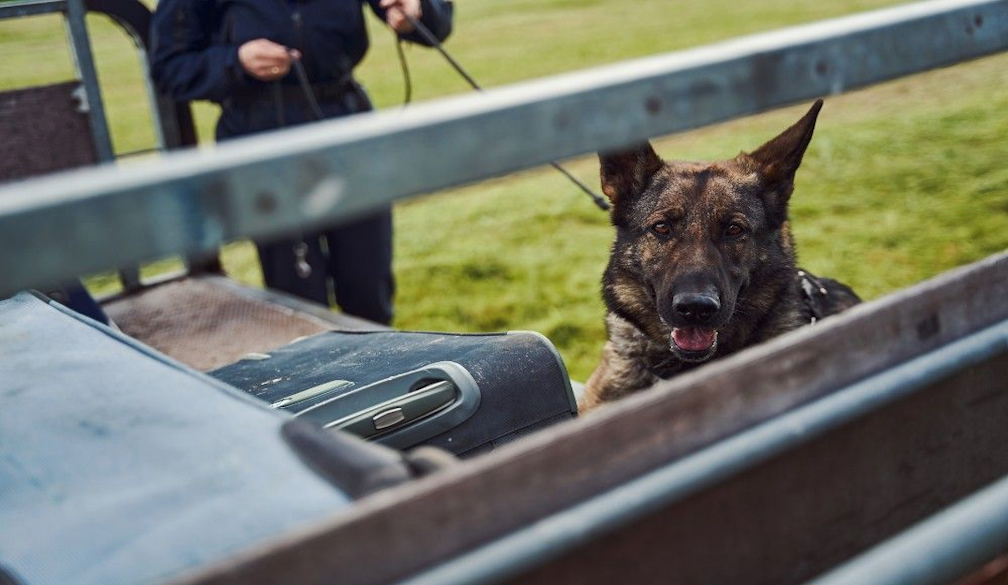How to Get Your Property Back After Charges Are Withdrawn in Queensland

In Queensland, police have broad powers under the Police Powers and Responsibilities Act 2000 (PPR Act) to seize property during investigations. Items may be taken if they are suspected to be linked to a crime, such as illegal weapons, stolen goods, drugs, or evidence of an offence.
However, if no charges are laid, or if a case is withdrawn, the property owner has the right to request its return. This article explains the legal process for retrieving seized property and what to do if the police refuse to return it.
When Can Police Seize Property?
Police can lawfully seize property in several situations:
- With a warrant: If a search warrant is issued, police can enter premises and seize the items listed.
- Without a warrant: If police reasonably suspect a person has illegal or stolen items, they may conduct searches of individuals, vehicles, or public places.
- For safety reasons: If an item could be used to cause harm or commit an offence, police may confiscate it.
Police must follow strict procedures when executing searches and seizing property. If they fail to do so, the evidence could be challenged in court.
What Happens to Seized Property If No Charges Are Laid?
When police seize property, they must provide the person from whom it was taken with a field property receipt as soon as reasonably possible. This receipt must describe the item. If the owner is not present, police must leave the receipt in a noticeable location. The only exception is when issuing a receipt could compromise an investigation, such as in undercover operations.
Once seized, the property must be returned within 30 days unless:
- The item is required as evidence in a criminal case.
- Police apply to a Magistrate for permission to retain the property beyond the 30-day period.
If no charges are laid within 30 days and police do not have a court order to keep the item, they are legally required to return it.
How to Request the Return of Seized Property
If police continue to hold an item beyond 30 days without laying charges, the owner can take the following steps:
- Contact the police station: Speak with the property officer at the station where the item is being held.
- Submit a written request: If the property is not returned, a formal letter should be sent to the station or the police commissioner.
- Provide proof of ownership: Supporting evidence, such as purchase receipts or serial numbers, may be required.
- Seek legal assistance: If police refuse to return the item without justification, legal intervention may be necessary.
What If Police Refuse to Return Property?
If police fail to return seized property within 30 days and do not have a court order permitting them to keep it, the owner can apply to the Magistrates Court for an order compelling its return.
In considering the application, the court will assess:
- Whether the applicant is the lawful owner of the property.
- Whether police had legal grounds to retain it.
- Whether the item is still needed for an investigation or trial.
If the court finds no valid reason for police to continue holding the property, it will order its return.
When Police Seek to Forfeit Seized Property
In some cases, police may seek a forfeiture order to permanently retain or dispose of seized property. This typically occurs when:
- The owner cannot be located despite reasonable efforts.
- Retaining the item prevents further offences.
- Possession of the property is illegal (e.g., firearms or illicit drugs).
- The property was used in committing a crime (e.g., a mobile phone used in a drug deal).
If a seized item is used as evidence in a criminal trial, the court may order its disposal, destruction, or forfeiture to the state. However, if no such order is made, police must return the property unless they successfully apply for forfeiture.
How to Object to Forfeiture
If police intend to forfeit an item, they must notify the owner, who then has 28 days to object by filing an application with a Magistrate. To challenge forfeiture, the owner must:
- Lodge a formal objection in court: This must be done within 28 days of receiving the forfeiture notice.
- Provide proof of ownership: Supporting documents can strengthen the claim.
- Attend the court hearing: The Magistrate will determine whether police have lawful grounds to keep the property.
If the court rules in favour of the owner, the item must be returned. If the objection is unsuccessful, the property will be forfeited and may be destroyed, auctioned, or used by law enforcement.
Seek Legal Assistance
If your property has been seized and not returned, or if police are seeking forfeiture, act quickly. Our expert Brisbane and Gold Coast Criminal Lawyers can help you recover your belongings and protect your legal rights.
Contact us today for expert legal assistance.
















